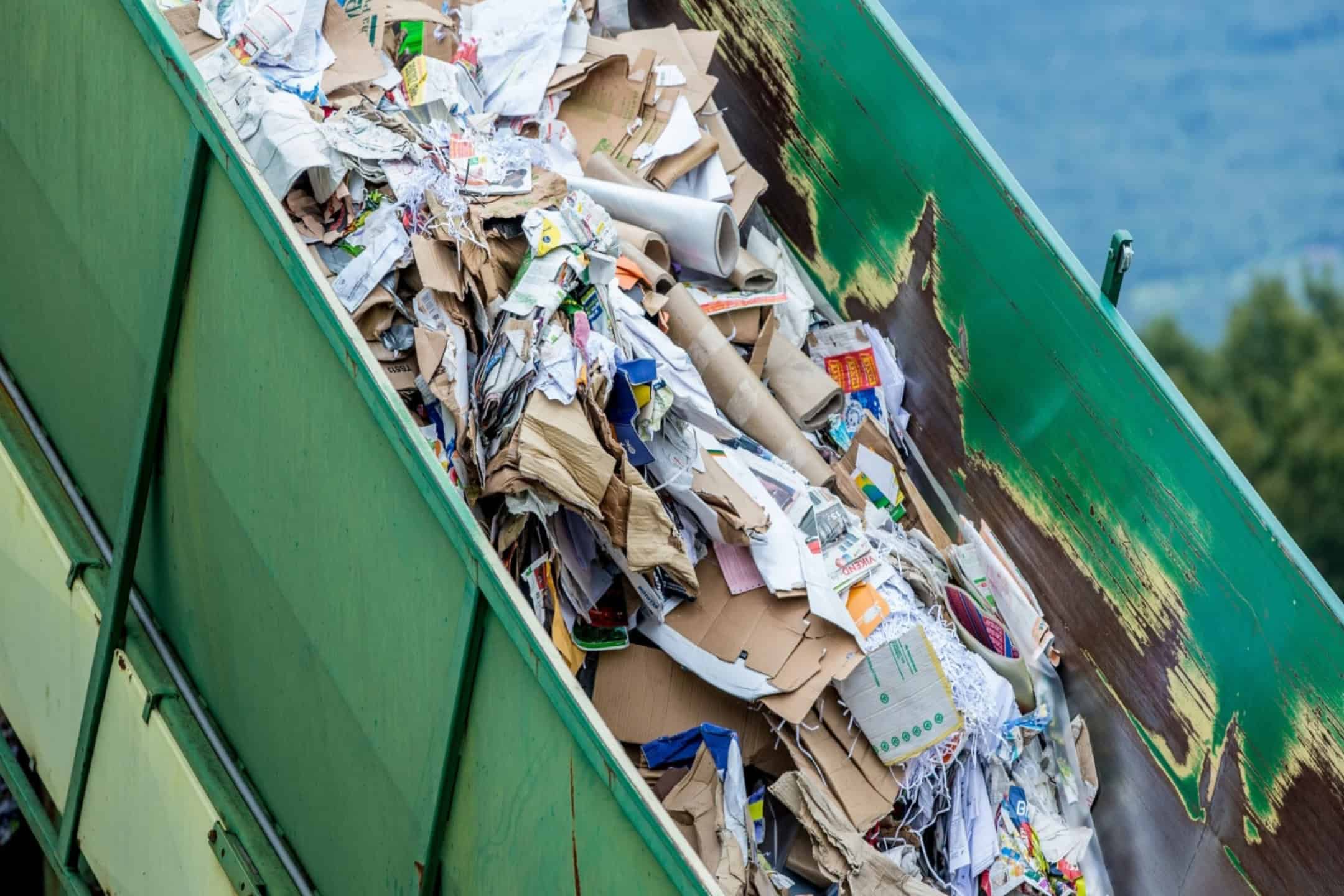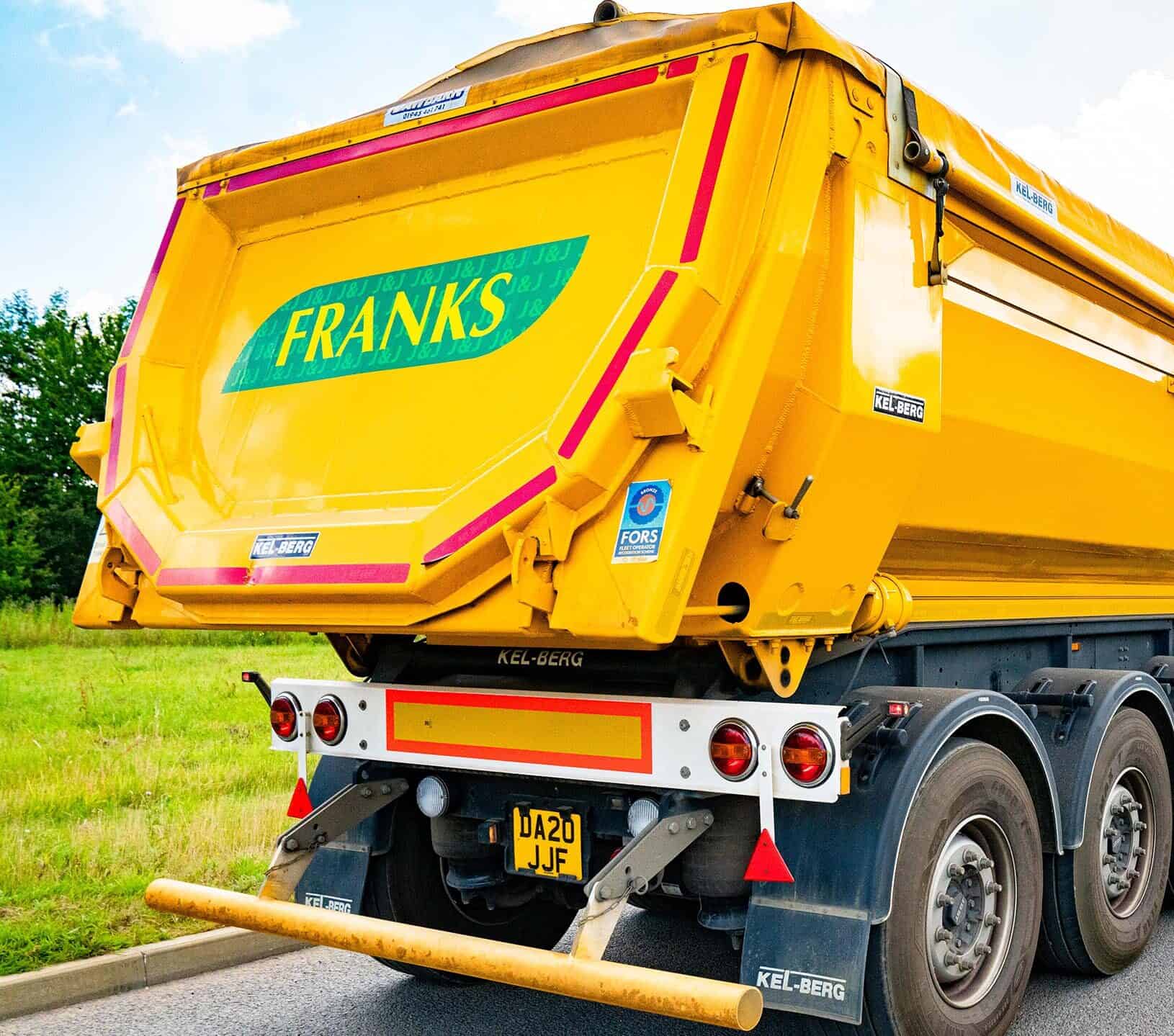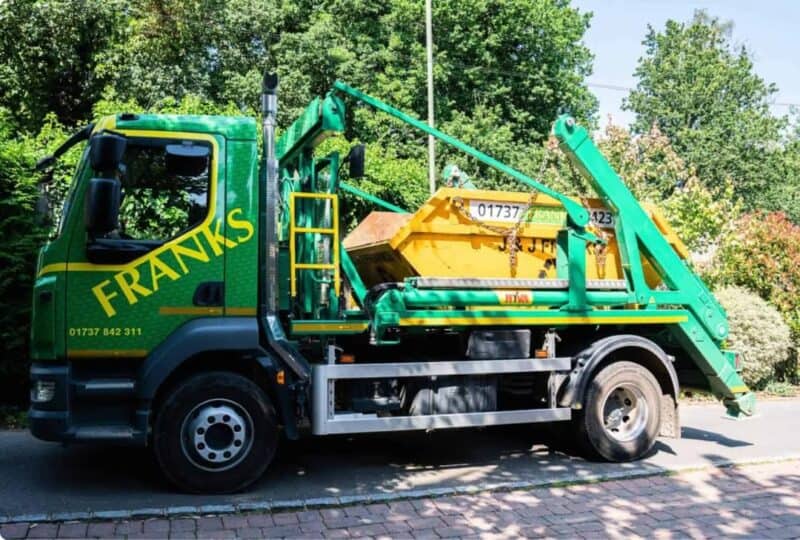Sustainable waste management is an essential part of the construction industry’s shift toward environmentally responsible practices. As building projects continue to generate vast amounts of waste, the importance of recycling construction waste has never been greater. The traditional approach of sending waste to landfills is not only environmentally damaging but also costly and unsustainable in the long term. By embracing recycling and responsible waste disposal, businesses can significantly reduce their environmental footprint, conserve valuable resources, and improve operational efficiency.
The impact of recycling on sustainable construction waste management
Recycling construction waste is fundamental to reducing landfill dependency and promoting a more sustainable industry. The construction sector is one of the largest contributors to global waste, generating millions of tonnes of discarded materials each year. Without proper recycling measures in place, much of this waste ends up in landfills, where it contributes to environmental degradation, air and water pollution, and greenhouse gas emissions. By diverting construction waste from landfills and repurposing materials, businesses actively participate in reducing their environmental impact.
A key benefit of recycling construction waste is the conservation of natural resources. Materials such as concrete, metals, and wood require significant amounts of energy and raw materials to produce. Recycling allows these materials to be reused, decreasing the demand for new resources and reducing the environmental damage caused by extraction and processing. For example, crushed concrete can be repurposed as aggregate for new building projects, reducing the need for newly quarried stone. Similarly, recycled metals can be reprocessed and reintegrated into the supply chain, minimising energy consumption compared to producing metals from raw ore.
In addition to environmental benefits, recycling helps companies meet regulatory compliance standards. Waste management regulations increasingly require businesses to implement sustainable waste disposal practices, and failing to comply can lead to fines and reputational damage. By prioritising recycling and engaging with professional waste management services, construction firms can ensure they meet legal requirements while demonstrating a commitment to sustainability.
Common recyclable materials in construction and their processing methods
The construction industry produces a wide range of materials, many of which can be recycled and repurposed to reduce waste and improve sustainability. Concrete, metals, wood and asphalt are some of the most commonly recycled materials in construction projects. Properly sorting and processing these materials allows for greater resource efficiency and reduces the environmental impact of building activities.
Concrete is one of the most frequently recycled construction materials. When buildings, roads, or structures are demolished, concrete can be crushed and reused as aggregate for new construction projects. This process reduces the need for new raw materials while providing a cost-effective alternative for road bases, foundations, and other structural applications. The crushing process removes contaminants such as rebar and other debris, ensuring the recycled material meets industry standards.
Metals such as steel, aluminium, and copper are highly valuable in the recycling industry due to their ability to be melted down and reused without losing quality. Recycled steel is commonly used in the production of new construction materials, reinforcing bars and structural components. Aluminium, widely used in window frames and roofing materials, is also a prime candidate for recycling, as it requires significantly less energy to process than raw aluminium production.
Wood waste from construction sites can be repurposed for various applications, including engineered wood products, mulch, and biomass energy. By ensuring wood waste is separated from non-recyclable materials, businesses can maximise reuse opportunities and reduce landfill waste. Similarly, asphalt from old roads and roofing shingles can be recycled into new asphalt mixes, reducing the demand for petroleum-based raw materials.
By partnering with professional waste management services, construction companies can ensure materials are diverted from landfills and reintegrated into the supply chain effectively.
Environmental and economic benefits of recycling construction waste
Recycling construction waste provides both environmental and economic benefits, making it an essential practice for the construction industry. One of the most significant advantages is the reduction in carbon emissions. The process of manufacturing new materials, such as concrete and steel, requires substantial amounts of energy, much of which comes from fossil fuels.
In addition to reducing emissions, recycling construction waste helps minimise landfill use, which is crucial given the limited space available for waste disposal. Landfills generate harmful greenhouse gases, such as methane, which contribute to climate change. The more waste that can be diverted through recycling, the less strain is placed on landfill sites, reducing long-term environmental damage.
Recycling also presents a financial advantage for construction firms. Disposing of waste in landfills often comes with high fees, especially for large-scale projects that generate significant volumes of waste. By recycling materials, businesses can lower disposal costs while simultaneously reducing the need to purchase new construction materials. Many recyclable materials, such as metals and wood, can also be resold, providing additional revenue streams for construction companies.
Sustainability is becoming an increasingly important factor in the construction industry, with clients and stakeholders placing greater emphasis on environmentally responsible practices. Companies that integrate recycling into their waste management strategies can enhance their reputation, attract new clients, and align with sustainability-driven regulations.
Best practices for implementing recycling on construction sites
To ensure construction waste is managed effectively, businesses should adopt best practices for recycling on-site. A well-organised waste management plan is essential, outlining the types of waste generated and how they will be sorted, stored, and disposed of responsibly.
One of the most effective ways to improve recycling rates is by setting up designated waste sorting stations. Clearly labelled bins for concrete, metals, wood, and other recyclable materials encourage proper disposal and reduce contamination. Training staff on waste segregation and recycling protocols ensures consistency and maximises material recovery.
Another key strategy is to prioritise waste reduction at the source. Ordering materials in precise quantities, reusing offcuts, and repurposing excess materials can significantly reduce the amount of waste generated. Choosing suppliers that offer recycled or sustainably sourced materials also supports environmentally friendly construction practices.
Moving towards a sustainable future
Recycling construction waste is essential for reducing environmental harm, conserving resources, and improving economic efficiency in the industry. With landfill capacity shrinking and regulations tightening, construction firms should prioritise sustainable waste management to stay compliant and competitive.
At J&J Franks, we are committed to providing environmentally responsible waste removal services, ensuring that construction waste is handled, processed, and recycled effectively. By embracing recycling, businesses can lower costs, reduce emissions, and contribute to a cleaner, greener future.









